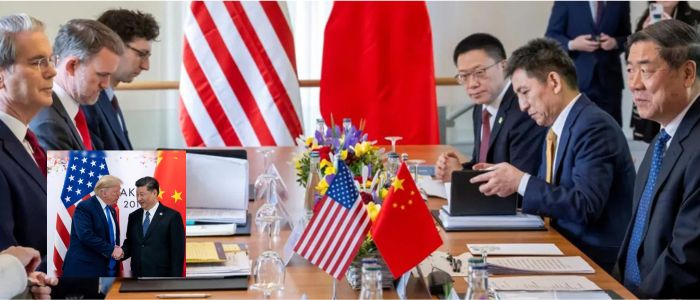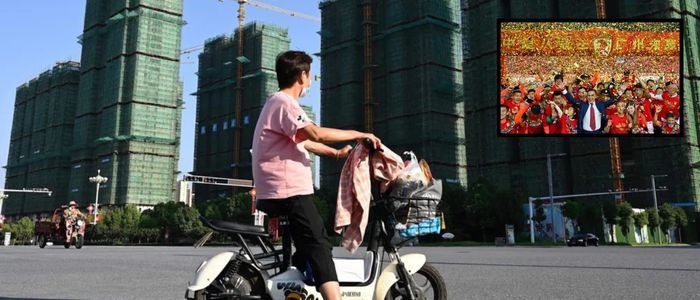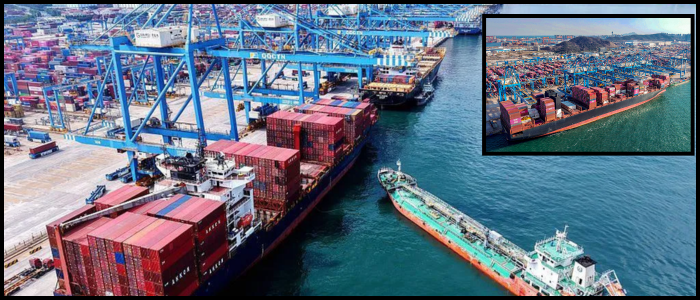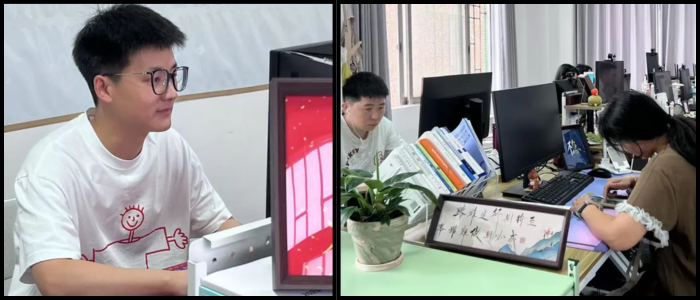The discussions are in Sweden with US Treasury Secretary Scott Bessent and China's Vice Premier He Lifeng heading the Beijing contingent.
The latest round comes after US President Donald Trump introduced his own trade structure with the European Union. The present truce between Washington and Beijing, which halted escalating tariffs on each other's goods, is set to expire on 12 August.
Both countries had levied more than 100% tariffs on multiple products since Trump took office in January, which strained global trade.
US and Chinese officials had previously had high-level meetings this year in Geneva and London, which led to the present truce. Last week, Bessent said discussions with China were in "a very good place" and expressed optimism for another agreement to cool tensions again.
Chips, Tariffs, and Diplomatic Moves
Reports on Monday suggested a three-month extension to the trade pause was very probable. The extension would bolster stability and buy more time for additional negotiations, sources from both countries said.
Second, there are rumors that the US has temporarily suspended some of its technology export limitations against China — specifically chips that help boost China's artificial intelligence capability — so as not to derail talks and to have its back covered in case President Trump decides to meet Chinese President Xi Jinping later this year.
The weight of US tech exports — particularly high-end semiconductor products — remains a point of contention in the trade spat. American security officials have worried that the technology could bolster China's military and economic prowess on the world stage.
Formal reactions from the US Treasury and Commerce Departments and the Chinese embassy in Washington are still awaited, but developments indicate both sides want to steer clear of new trade disruptions.
Wider Trade Moves and Global Effects
The discussions with China follow significant trade announcements from the US. A day before, Trump announced a new framework for trade with the European Union, resolving a long dispute between the two economic powerhouses.
The US also recently made a deal with Japan, where Tokyo agreed to pour $550 billion into the US economy. In exchange, Japanese products will be taxed at a 15% rate when entering the US, below the 25% once considered.
The US agreed to a tariff of about 10% with other countries to add to those it has with the UK, the EU, and Japan, in recent weeks.
While a comprehensive trade deal with China is not anticipated this week, the prospect of an extension of the current truce will offer relief to companies and markets that they may yet be spared further tariff disruptions.
And as the world watches what becomes of these talks, some say so for the better, well, at least in the near term, for steadying the dynamics in global trade.
Business

US-China Talks Resume as Trade Truce Extension Eyed

The United States and China are to resume talks on Monday, with increasing hope that the two sides will be able to reach an agreement to extend their current 90-day truce in their trade war.















